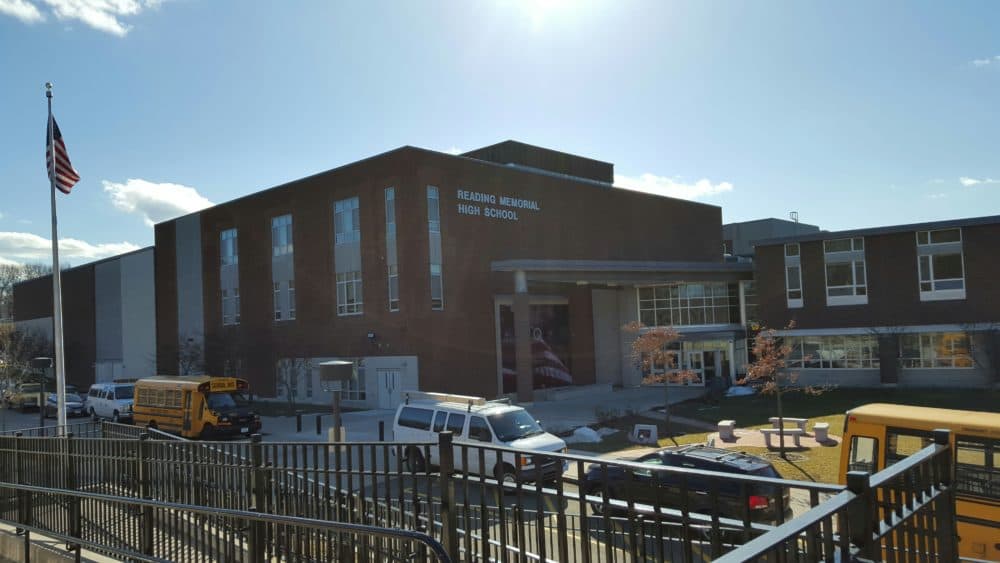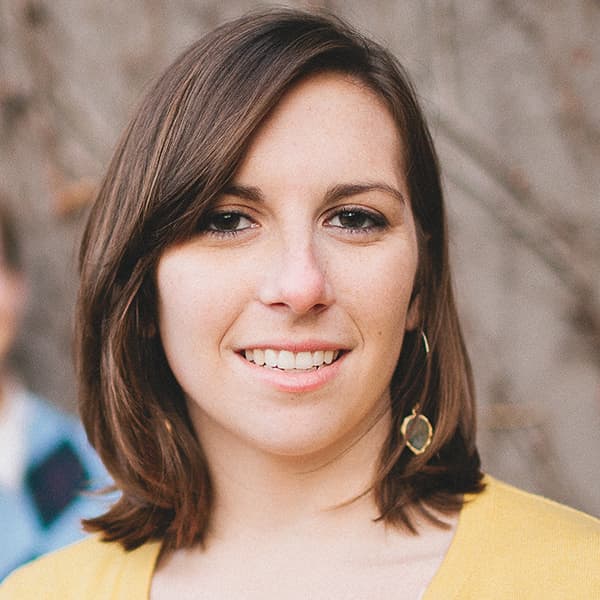Advertisement
Responding To Hate Speech In Schools May Require A Change In Culture
Resume
This week, there has been a battery of reports about hateful incidents in Massachusetts schools: from swastikas scrawled in high schools in Boxford and Reading to threatening, vitriolic letters sent to a 10-year-old Muslim girl in Framingham.
If it feels as though these kinds of racist incidents are on the rise, they are. According to FBI data released Tuesday, reported hate crimes increased 9 percent in Massachusetts last year. Nationally, hate crimes increased 17 percent.
For many, even though these hateful acts are disturbing, they are not surprising.
"Schools are institutions that reflect the community. I don't blame the school for that. Schools have to respond to that," said Boston University professor Bob Weintraub, noting the entrenched history of racism in the United States as well as racist, inflammatory rhetoric from elected leaders such as President Donald Trump.
"When we use words like 'animal' to describe immigrants, children will automatically associate people who fit into those descriptors as 'other,' " noted Brookline science teacher Graciela Mohamedi. "If we really want to stop this from happening, then it really needs to become part of everyday curriculum."
That could include steps already underway in many schools such as incorporating more diverse authors in literature and different perspectives in social science classes. For Mohamedi's science classes, that means learning the stories of the lesser-known figures — women and people of color — who contributed to the field. But it also means that school communities have to have tough conversations.
"Some schools do that and some schools don't," Mohamedi said, noting that Brookline is engaged in this discourse but other schools where she has worked before were resistant. "I think it's going to be really kind of down to the state to mandate."
The state does not have an anti-bias curriculum. State education officials recently updated its history and social science framework to include civics education. Last week, Gov. Charlie Baker signed a new law which requires eighth graders and high schoolers to complete a civics project and establishes a high school voter challenge.
"Two, three, four years ago schools would often be reluctant to send out notices to parents or even have these conversations" about racist incidents in schools, said Anti-Defamation League New England regional director Robert Trestan. He said many schools did not even notify parents when something like racist graffiti was found.
"And in the last year, that's changed dramatically and schools now are embracing these incidents as opportunities for their communities to learn," he said.
Trestan said most schools are tackling issues of racism head-on, and more are asking the ADL for help. This year, the organization is working with 106 Massachusetts schools on anti-bias programs — 30 more than last year. Already, a dozen schools are on waiting lists for programs for next school year.
These are all steps in the right direction, but some say a deeper cultural change has to happen: where racism and bigotry and bias are talked about openly.
"This is not work that is an add on. It's how you run a school, how you include multiple identities and perspectives," said Massachusetts Teachers Association president Merri Najimy. "It's ongoing work. It needs to be tended to every minute of every day."
That also means looking closely at schools themselves. Consider things like school discipline rates, which are frequently higher for students of color. Or consider the demographics of teachers — the majority of whom are white and female. They're key parts of the overall system, particularly for middle and high schoolers who are at a crucial point in their lives.
"What is missing in public school systems is the ability to provide a lens and an opportunity — at the very least, tools and resources — for young people to have to help guide them through this coming of age and creating their own identity for themselves," said Weston teacher Zina Link.
By giving students those tools — to help understand themselves as well as others — the hope is that schools can help shape open, respectful and engaged citizens who can change the political discourse for the next generation.
This segment aired on November 16, 2018.
